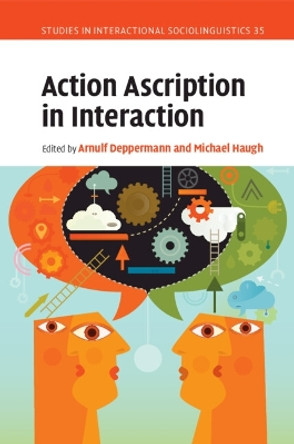Description
Modeling of individual beliefs is essential to the computer understanding of natural languages. Phenomena at all levels -- syntactic, semantic, and pragmatic -- cannot be fully analyzed in the absence of models of a hearer and of the hearer's model of other believers. The heart of this text is the presentation of an artificial intelligence (AI) program intended to simulate certain aspects of a human believer. This book provides a prolog program, Viewgen, that maintains belief structures about the world and other believers, and is able to ascribe beliefs to others without direct evidence by using a form of default reasoning. The authors contend that a plausible model such as this can -- in the best cognitive science tradition -- shed light on the long-standing philosophical problem of what belief is.
The issues presented here will be of considerable interest to an informed general reader as well as those with a background in any of the disciplines that make up what is now called cognitive science: philosophy, linguistics, psychology, neuropsychology, and also AI itself.
Reviews
"What, therefore, is especially important about this book for anthropologists is the rigorously intensionalist(p.6) view of cognition, meaning, and hence "belief", a view necessary for any plausible comparative theory of cultural systems, and the demonstration that only such a view can be coherent, adequate, and finitely specifiable.... a highly motivated and rigorous computational model..."
-American Anthropologist
"In about the fortieth year of its existence, artificial intelligence may just be beginning to show signs of maturation....undoubtedly stimulating contents."
-Nature
"...this book is interesting, applies a broad range of new belief attribution heuristics in very creative ways..."
-Minds and Machines
Book Information
ISBN 9781138963917
Author Afzal Ballim
Format Paperback
Page Count 288
Imprint Routledge
Publisher Taylor & Francis Ltd
Weight(grams) 453g







